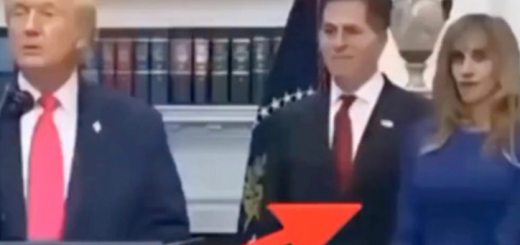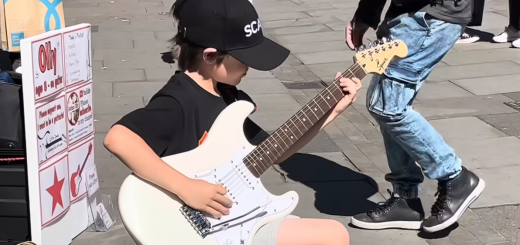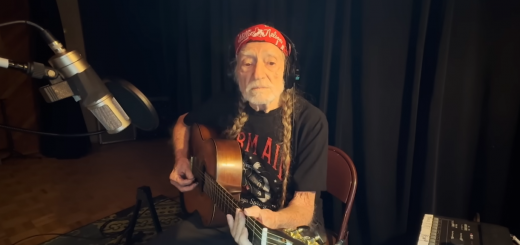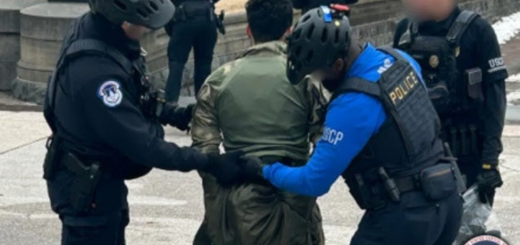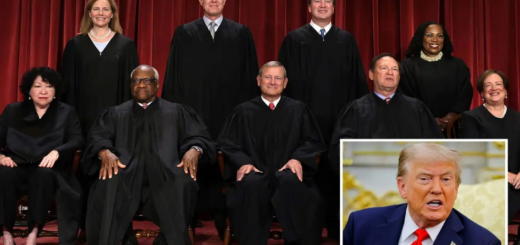Donald Trump Has Signed the Order — But It’s Raising Big Questions About Free Speech
Former President Donald Trump signed an executive order during his presidency aimed at addressing anti-Semitism on college campuses, but the move has sparked significant debate over free speech and students’ rights.
The order, introduced in December 2019, directed federal agencies to use Title VI of the Civil Rights Act of 1964 to investigate anti-Semitism complaints in schools and universities.
It was intended to combat anti-Semitism, particularly in situations where criticism of Israel might cross into discriminatory behavior against Jewish students.
However, critics have raised concerns that this measure risks blurring the lines between legitimate criticism of Israeli government policies and genuine anti-Semitism.
Some free speech advocates argue that by linking pro-Palestinian activism to potential disciplinary actions, the policy could suppress peaceful protest and academic freedom.
For international students, the implications may be especially serious.
Activists worry that students participating in pro-Palestinian demonstrations could face scrutiny or even jeopardize their visa status if their actions are interpreted as anti-Semitic — even if the intent was political protest rather than hate speech.
Supporters of the order believe it provides necessary protection against rising anti-Semitism, while opponents fear it might be used to discourage open debate on complex global issues, particularly regarding the Israeli-Palestinian conflict.
Civil liberties groups have stressed the importance of defending freedom of speech and ensuring that criticism of governments or policies is not wrongly categorized as hate speech.
They argue that safeguarding open dialogue on U.S. campuses is essential to preserving both academic integrity and democratic principles.
As discussions around the Israeli-Palestinian issue continue globally, this executive order highlights the ongoing challenge of balancing the fight against discrimination with protecting free expression.


















